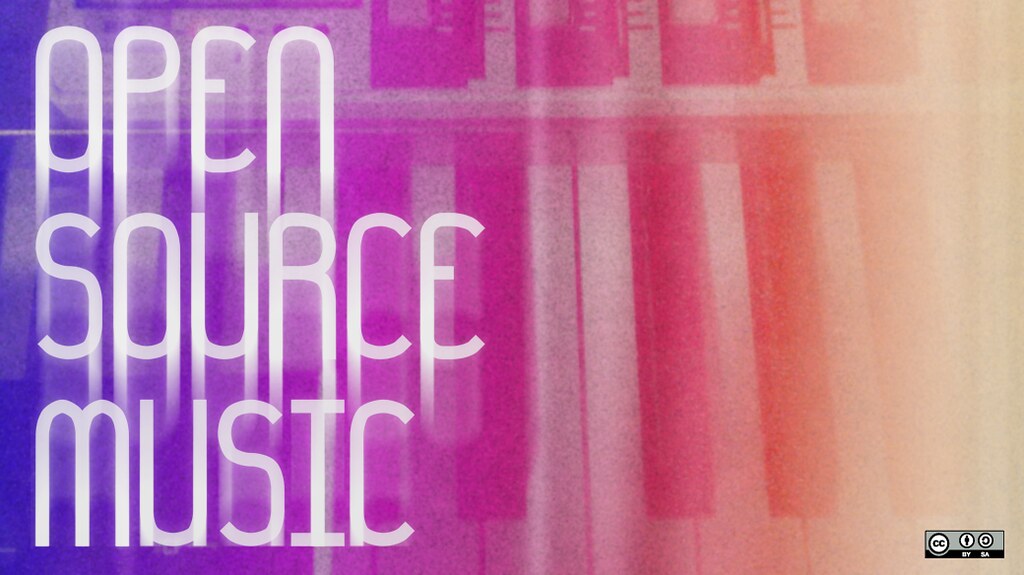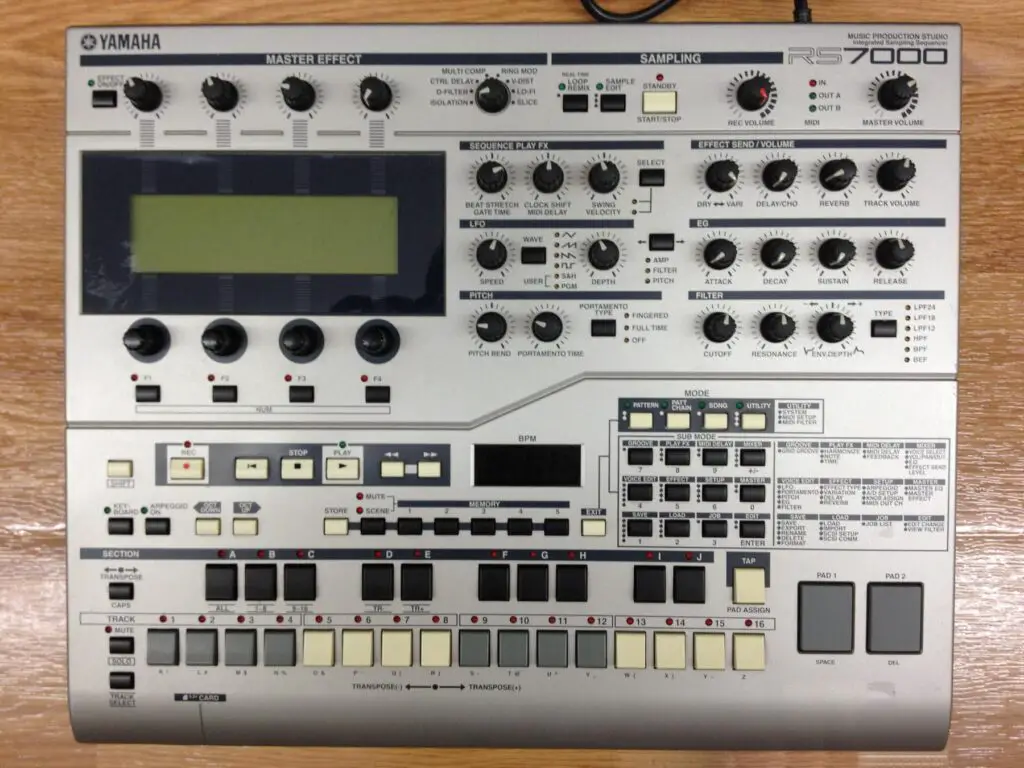Have you ever wondered if it’s possible to produce high-quality music on Ubuntu? As a music producer, you might be used to working on other operating systems such as Windows or Mac. However, Ubuntu can actually be a great choice for music production due to its stability and open-source nature. In this blog post, we will take you through the journey of music production on Ubuntu, from installation to production. So, whether you’re a Linux enthusiast or just looking for an alternative way to produce music, keep reading to find out more!
Table of Contents

The Benefits of Music Production on Ubuntu
Music production on Ubuntu offers many advantages that can enhance your creativity and productivity. First, Ubuntu is a free and open-source operating system, which means you won’t have to pay for an expensive license fee. Second, it’s highly customizable and flexible, allowing you to tailor your production environment to suit your specific needs. Additionally, Ubuntu has robust security features, minimizing the risk of cyber threats that could compromise your workflow or data.
Another advantage of music production on Ubuntu is its extensive library of software applications designed specifically for audio work. Applications like Ardour and Audacity offer powerful digital audio workstation functionality while tools like Hydrogen provide advanced drum sequencing capabilities. With these and other programs at your disposal, you’ll be able to create professional-grade tracks with ease.
Finally,Ubuntu boasts exceptional stability along with reliable performance, meaning you won’t need to worry about crashes or system slowdowns disrupting your creative flow. Whether you’re just starting out in the world of music production or are already a seasoned pro looking for a change of pace, using Ubuntu could take your craft to the next level!

From Installation to Integration: Set Up Your Ubuntu Workspace for Music Production
Ubuntu workspace for music production
Setting up your Ubuntu workspace for music production can seem daunting, but it’s actually quite simple. The key is to install the right software packages and configure them properly.
First, make sure that your system has all necessary drivers installed. Many audio interfaces require specific drivers to function correctly so check with the manufacturer before you begin.
Next, choose a Digital Audio Workstation (DAW) tool that meets your needs. Some popular options include Ardour, LMMS, or Qtractor. Once you’ve chosen a DAW, download and install it by following the instructions provided on its website.
It’s also vital to have plugins like EQs, compressors and reverb effects in order to create professional-sounding tracks within your DAW. Popular free plugin sources include sites such as KVR Audio & Linux DSP which offer plug-ins tailor made for Ubuntu users.
After installation of these tools is complete ensure they are integrated properly with each other by tweaking some settings here and there especially if using different components from various vendors e.g JACK server among others to achieve stable performance . With this setup on point one now gets working on creating their masterpiece!

Mastering the Tools: Tips and Tricks for Producing High-Quality Audio with Ubuntu
Ubuntu Studio is a great starting point if you’re looking to produce music on Ubuntu. It comes pre-installed with essential audio production software, such as Ardour, Audacity, and Rosegarden. However, there are plenty of other options available too.
One thing to keep in mind is that audio drivers are crucial when it comes to producing high-quality audio. Check out RealTimeConfigQuickScan or Cadence for handling JACK setup and configuration.
If you’re using MIDI files in your production workflow, QjackCtl can help manage connections between different programs and hardware inputs/outputs smoothly. Additionally, tools like ZynAddSubFX or Helm Synthesizer offer powerful features for creating rich sounds within Linux environments.
Finally, don’t forget about mastering plugins! There are many open-source audio mastering tools available on Ubuntu that can help give your tracks a professional finish without breaking the bank. Some notable options include LADSPA plugins like Calf Studio Gear’s multiband compressor EQ/compressor or sMaximus by Sascha Eversmeier.
With these tips and tricks along with some experimentation of your own through trial-and-error learning method you will be able to create amazing soundtracks directly from ubuntu OS itself!

Troubleshooting Common Issues When Using Ubuntu for Music Production
Troubleshooting common issues when using Ubuntu for music production can be a frustrating experience, but with a little patience and know-how, you can overcome most obstacles. One common issue is latency, which can cause audio to lag or skip during playback. To combat this, try adjusting your buffer size or using a real-time kernel. Another issue is compatibility with certain plugins or software. Make sure to research compatibility before installing anything new and consider using Wine or a virtual machine to run Windows-specific software. Finally, if you’re experiencing crashes or other technical difficulties, check your system logs for any error messages and consider reaching out to the Ubuntu community for support. With these troubleshooting tips in mind, you’ll be able to tackle any issues that arise and continue creating high-quality music on Ubuntu.

Going Pro: Putting Your Finished Tracks into the Wild
Once you’ve finished producing and mastering your tracks on Ubuntu, it’s time to get them out into the world. Uploading your music to streaming platforms like Spotify or Apple Music is easy enough – just create an account and follow their guidelines for uploading content.
But if you’re looking to make a name for yourself as an independent artist, there are other steps you can take. Social media platforms like Instagram and Twitter can be great ways to promote your music and connect with fans. You might also consider creating a website or blog where fans can learn more about your work and purchase merchandise.
Of course, if you want to take things even further, there are plenty of professional organizations who can help. Joining a musicians’ union or signing with a record label are both viable options for those looking to turn their passion into a career. Whatever path you choose, remember that perseverance is key – with hard work and dedication, anyone can succeed in the competitive world of modern music production.
In conclusion, music production on Ubuntu is a viable and efficient option for producers looking to create high-quality audio. With the right tools and knowledge, Ubuntu can provide a seamless workflow from installation to production. By following the steps outlined in this article, you can set up your Ubuntu workspace for music production, master the tools, troubleshoot common issues, and ultimately put your finished tracks into the wild.
We hope this article has been helpful in your music production journey. If you’re interested in learning more about music production or other related topics, be sure to check out our other content. Thank you for reading!
Answers To Common Questions
Who uses Ubuntu for music production?
Music producers who prefer open-source software.
What software is available for music production on Ubuntu?
Popular options include Ardour, LMMS, and Rosegarden.
How do I install music production software on Ubuntu?
Use the Ubuntu Software Center or terminal commands.
Who will support me if I have issues with music production on Ubuntu?
The Ubuntu community offers extensive support resources.
What if I’m used to using music production software on Windows or Mac?
Many popular music production software options have Ubuntu versions.
How can I ensure my Ubuntu music production setup is optimized for performance?
Follow best practices such as using a low-latency kernel and optimizing system settings.


